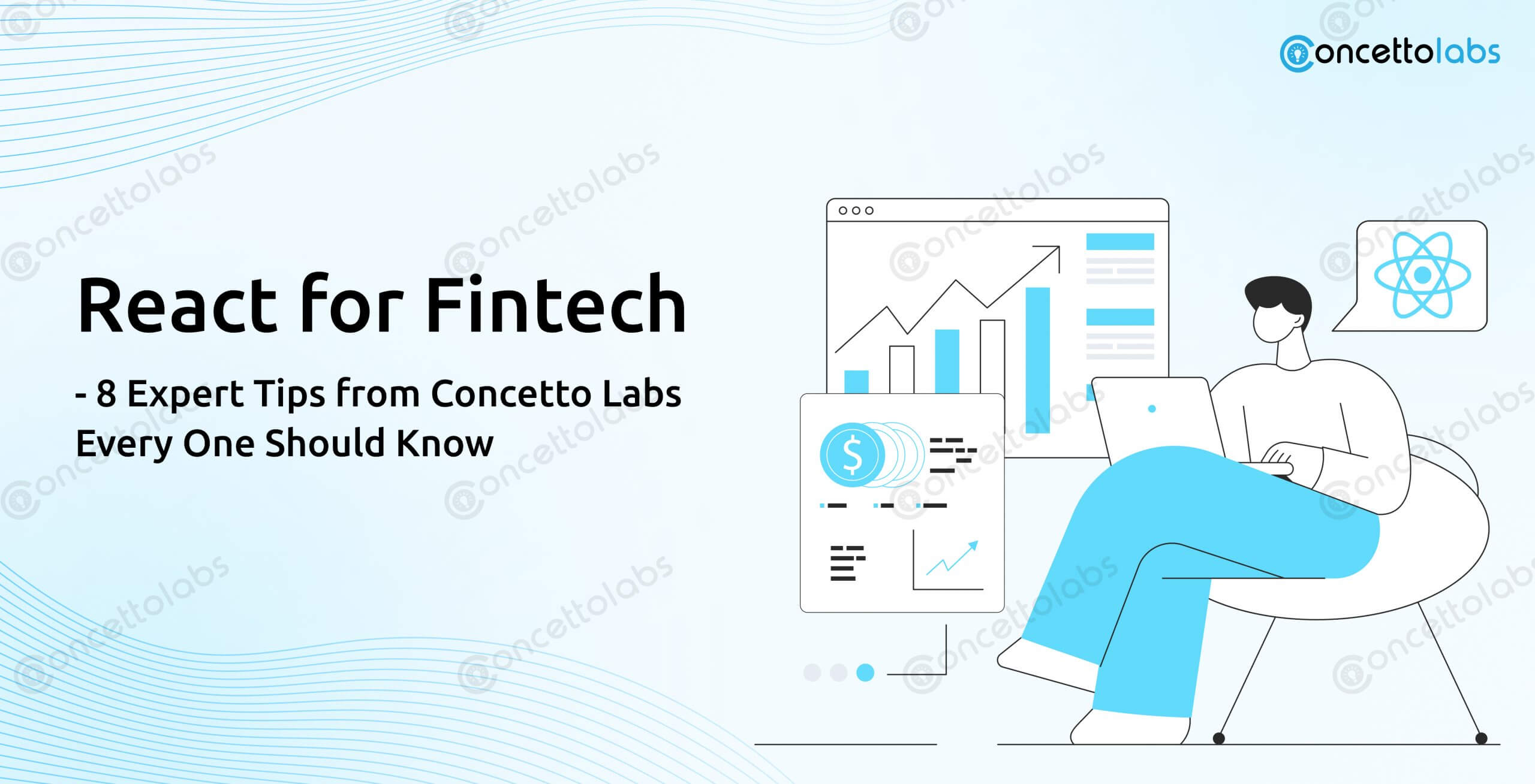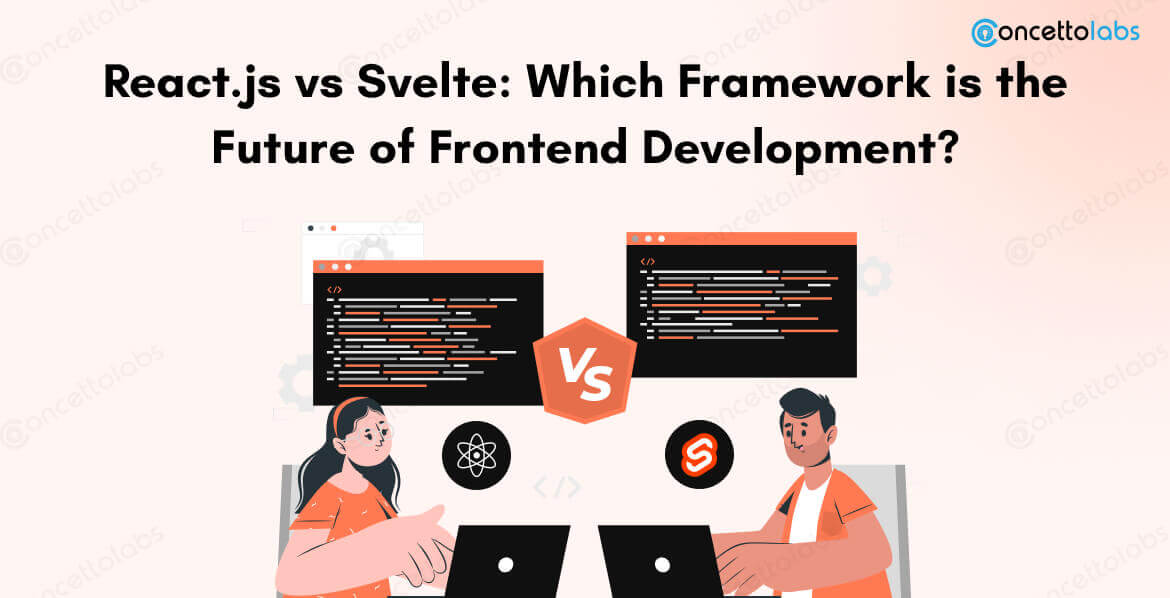
Selecting the appropriate framework for front-end web development will determine the efficiency and scalability of your project as well as the user experience. As popular choices, Angular, React, or Vue.JS are highly fitting technology stacks with different benefits and disadvantages.
Each of those has its user base and has varied learning curves and different fields in which it finds their strong points. This article goes into the angular vs vue.JS vs react debate in detail, helping you figure out which one you should use based on the angular vs vue vs react debate and know its advantages and disadvantages and when exactly to use each framework.
What is a Framework and Library?
Before comparing Vue.JS vs. React vs. Angular frameworks, Angular is a full-stack solution that covers all the structure, tools, and guidelines that need to be built for an application, whereas React is a library with specific functionality (user interface management, for example). Vue.JS sits on the cusp of the two, it’s a library without the ‘bells and whistles’ some frameworks offer.
When developers understand the role each tool plays, they can determine which one best serves their project’s needs and how they build.
What is AngularJS?

Google developed Angular, a robust MVC (Model-View-Controller) framework, to streamline Angular development for creating sophisticated, data-driven web applications. Initially released in 2010, it underwent a major transformation in 2016 with the launch of Angular 2, now widely recognized simply as Angular.
Primary Purpose: Organize the code to build large and complex web applications.
Notable Features
- TypeSafe, typescript supported code.
- It contains a very large suite of tools such as CLI, dependency injection, and data binding.
- Support from the community and resources could be a great choice for large projects.
Ideal Use Cases: Enterprise-level applications, Content-rich portals, and e-commerce sites.
What is ReactJS?

Created by Facebook in 2013, React is a front-end library designed for efficient React development. While not a full framework, it provides a component-based architecture focused on the UI layer. React excels at building single-page applications and applications that require seamless and dynamic user interface updates.
Primary Purpose: For building UIs that are responsive and interactive, build out UIs with a component-driven approach.
Notable Features
- Short and effective update with Virtual DOM.
- Additional functionality via the extensive third-party library support.
Ideal Use Cases: Mobile applications, projects with high user interactivity, single page applications.
What is Vue.JS?

Evan, You first introduced Vue.JS in 2014. Vue is known to have a small footprint with being simple and flexible as compared to Angular and React. It is a gentle learning curve, making it appealing to a beginner or small to medium-sized app application.
Primary Purpose: Provide a simple learning curve for UI development to simplify.
Notable Features
- A similar two-way data binding like Angular with a simpler syntax.
- A rich ecosystem that promotes gradual adoption.
- But both are versatile and work well with existing projects or as a whole framework.
Ideal Use Cases: Small to medium applications, fast setup projects, prototypes.
Core Differences Between Vue.JS, React, and Angular
By understanding the core differences between Angular, React, and Vue, you’ll be able to figure out which one the given developer chose it over.
Learning Curve
- Angular: More upable thanks to TypeScript, and complete syntax.
- React: Focusing primarily on the UI layer, but moderately.
- Vue.JS: Most easy to learn, suitable for both small as well as big applications.
Architecture
- Angular: Built-in tools and guidelines for full MVC framework.
- React: Librarian based on components; little structure, relies on third-party tools.
- Vue.JS: A flexible and structured progressive component-based framework.
Data Binding
- Angular: Two-way data binding.
- React: One-way data flow for more predictable state management.
- Vue.JS: Less complex angular, but with two-way data binding.
Community and Support
- Angular: Ease a steep learning curve may not be for some who will notice a steep learning curve, backed by a huge community, but by Google.
- React: Plenty of resources, large adoption backed by Meta (Facebook).
- Vue.JS: Grows rapidly with a lot of support and documentation, community-driven.
Angular vs. React vs Vue: A Comparative Analysis
| Feature | Angular | React | Vue.JS |
| Type | Framework | Library | Progressive Framework |
| Learning Curve | High | Moderate | Low |
| Language | TypeScript | JavaScript (JSX) | JavaScript |
| Data Binding | Two-way | One-way | Two-way |
| Performance | High with optimization features | High with Virtual DOM | High with Virtual DOM |
| Use Cases | Enterprise apps, SPAs | Interactive UIs, SPAs | Prototypes, SPAs |
| Community | Large, backed by Google | Large, backed by Meta | Community-driven, fast-growing |
| Updates | Regularly updated by Google | Constant improvements by Meta | Frequent updates by the community |
However, each framework does have its strong suit within particular types of applications. The Angular application framework is built for enterprise applications, React for spas, and Vue for fast and flexible lean applications.
Are you looking for the right framework for your app development?
We have expert developers in-house to work with you to find the right solution for your project’s needs.
Contact Us Today!Conclusion
It is a rather unfair practice of angular vs reactJS vs vue.JS when in fact there is no ideal winner and each project has to choose whatever suits them best. For large-scale applications, requiring a robust, structured framework, angular is the right option. If you need a UI that’s flexible and interactive, and which is particularly good for single-page applications you’ll be best served using React. Having a progressive nature is one of the best things about Vue.js — if you are a developer looking for a flexible, lightweight solution with an easy learning curve, you will like Vue.js.
Understanding vue.JS vs angular vs react is an important aspect for developers and businesses to understand when to use it so that it is most efficient in developing processes and gives positive end results in the projects.







 Indonesia
Indonesia
 Botswana
Botswana
 USA
USA
 Italy
Italy
 Panama
Panama




 USA
USA UK
UK Saudi Arabia
Saudi Arabia Norway
Norway India
India Australia
Australia